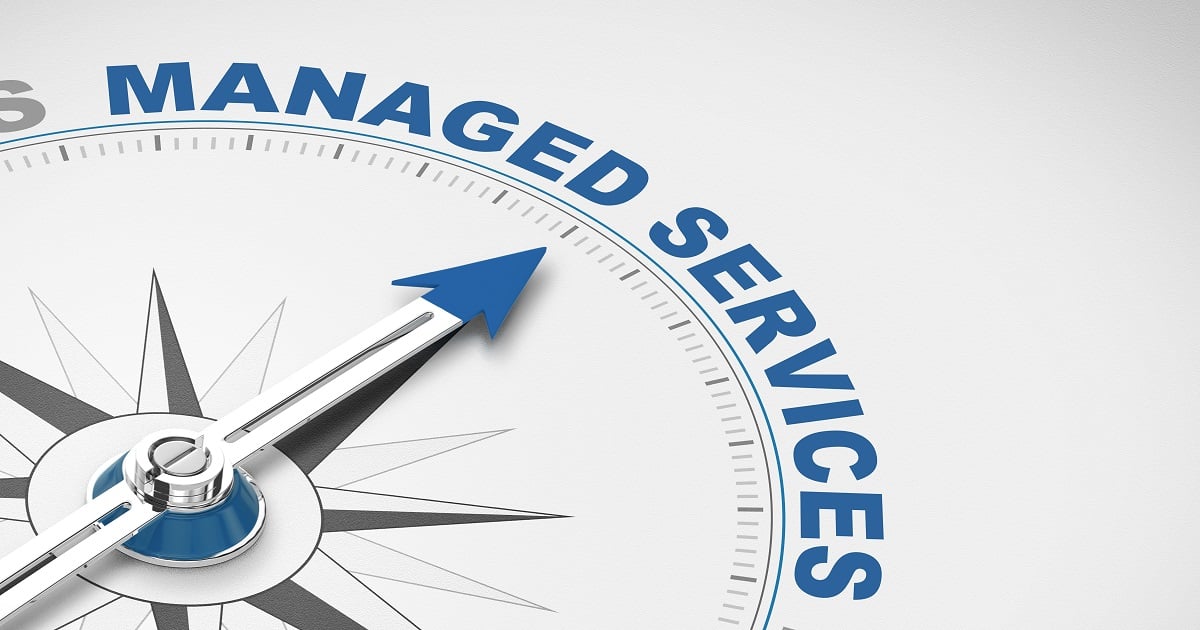Cloud computing adoption has been growing by leaps and bounds, largely driven by enterprise adoption. But consumer demand is also an important contributor to cloud growth and new findings from Juniper Research show what an important role consumers are playing.
A new report from Juniper forecasts that the number of unique consumers accessing cloud-based services will jump from an estimated 2.4 billion in 2013 to more than 3.6 billion by 2018. That growth will be attributed to the growing number of connected services and devices using cloud-based storage, music and games.
The “Cloud Computing – Consumer Markets: Strategies & Forecasts 2014-2018” report shows that while cloud-based storage providers have succeeded in snagging a large number of users, most of them are not premium subscribers. However, streaming services have taken over this market segment, with music apps like Spotify bringing in most of the revenues instead of storage or gaming apps. Juniper believes that low subscription costs are attractive to paying subscribers, as well as the value of being able to access an extensive music catalog that is too large to store locally on a mobile device.
And yet music streaming and storage service providers are still struggling to become profitable as they generally offer basic or free services as well as premium pricing. So while Pandora and Spotify are capturing revenues in this space, they have not yet turned a profit due to the large number of free subscribers eating up their resources. And Ubuntu, an OpenStack proponent and major cloud infrastructure player, recently pulled out of the cloud storage space due to its unsustainable price wars.
The scope of just how much cloud storage space consumers are eating up was revealed in an earlier Gartner report, which estimates consumers will store more than a third of all their digital content in the cloud by 2016. And that storage will come at a heavy price, with Gartner predicting global consumer data storage will leap from 329 exabytes in 2011 to 4.1 zettabytes by 2016. For reference, a zettabyte is equal to one sextillion bytes. The entire WWW was about 4 zettabytes as of 2013.
"Historically, consumers have generally stored content on their PCs, but as we enter the post-PC era, consumers are using multiple connected devices, the majority of which are equipped with cameras,” commented Shalini Verma, principal research analyst at Gartner. “This is leading to a massive increase in new user-generated content that requires storage. With the emergence of the personal cloud, this fast-growing consumer digital content will quickly get disaggregated from connected devices."
Edited by
Maurice Nagle





